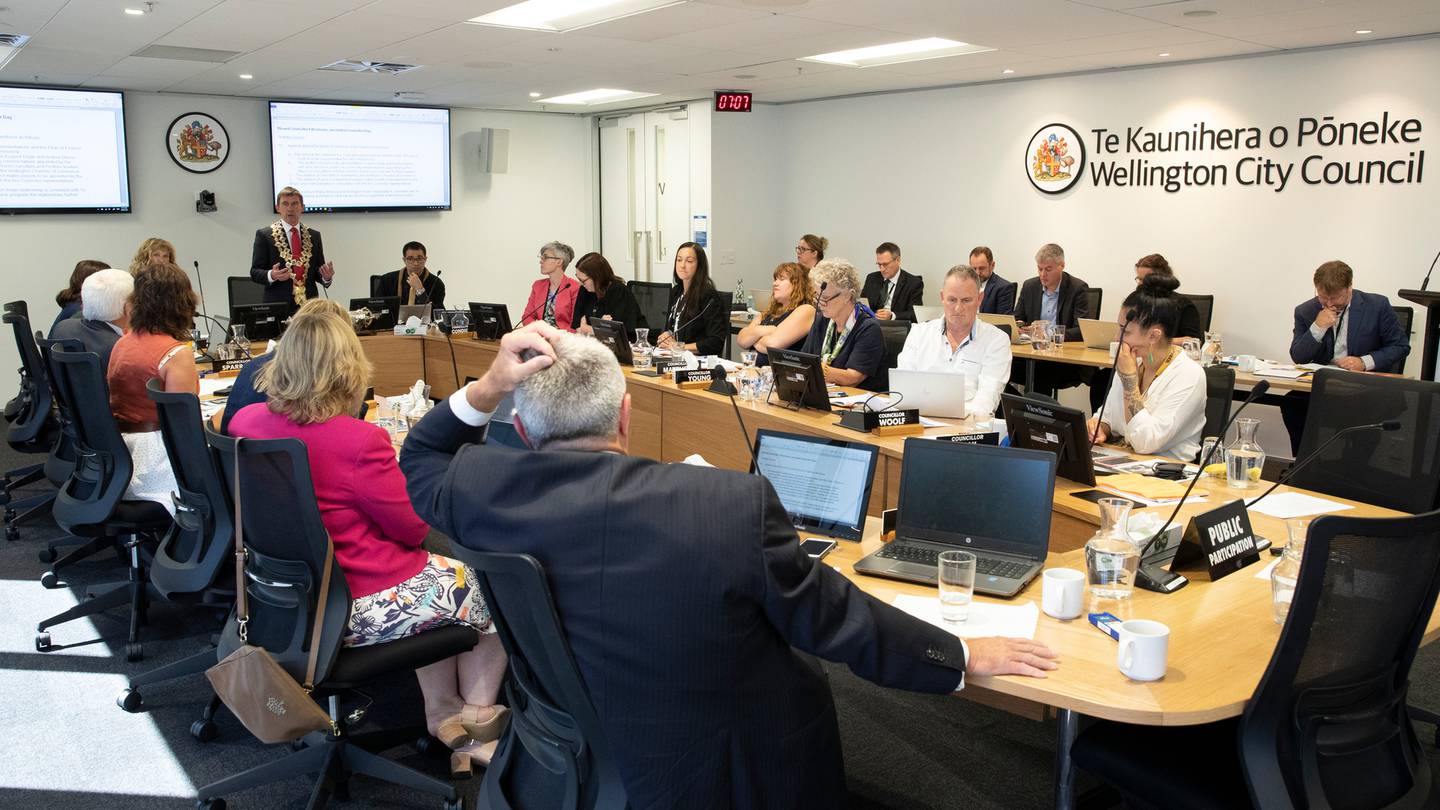Le 1 Septembre 2022 - Tags: opinion, insideWellington, election, wcc, localDemocracy
Georgina Campbell’s weekly opinion was titled “The case for councillors, mayor and their kingdoms”. I would not like to paraphrase what she argued too much as she is much more capable of articulating her views herself than I am. However, I’ll risk reproducing here the main point that I took away: we have the local government we deserve. We’re not happy about it? Tough luck, as we elected them.
This makes a lot of sense and is a good reminder that as we live in a democracy, the decisions being taken should reflect, more or less, what we collectively want for our city. So how come, then, can we be so frustrated with our elected members, those who give their everything to this gruelling job?
Well, it starts with the choice. Can one say, hand on heart, that in the lineup of candidates, one, or even two, match their personal vision and priorities? One candidate might have the charisma, and leadership traits, but lacks the strategy, or experience. Another might be highly technical, realistic and grounded, but unable to articulate the journey they see the city going through. If you have one or two candidates who hold more than half of your own priorities, consider yourself lucky. For many, the decision will boil down to the least unpalatable choice: I can’t count how many people I’ve spoken with who are unsure of what to do at the next election. That is not too inconsistent with the infamous 12%.
But the dissatisfaction also came from the in-fighting at the Council. Indeed, for an orchestra to play good music, soloists must sincerely desire to follow the director. As we know, this didn’t happen over the past term, a situation our election system let happen, and something each main mayoral candidate is trying to address by putting a “team” of candidates across the wards, suggesting: “if you vote for me as a Mayor, you might want to vote for this candidate as a Councillor in your ward”. It’ll remain to be seen if this will be sufficient to create a coherent team around the Council table.
The other reason is that as much as we vote for City Councillors, none of us votes for the council officers. And as we have seen countless times over the last term, officers often have their own agenda, with no problem overruling decisions made by elected members! At times, decisions are made by unelected members (for example, every LGWM decision), and there is consequent frustration towards elected members, whether it is deserved or not.
Georgina goes about the low voter turnout (about 42%), which has a good chance to be even lower this time. She’s right to point out the vicious circle our democratic system is locked into: the more frustrated voters are, the more they’re likely to detach themselves and not vote … which will generate even more frustration down the track. With such a threat to the democratic architecture on which our cities are constructed on, one would expect that accountability, transparency, and policies to restore trust would be front and centre of candidates’ agendas. On this, however, only one group of candidates is proposing a set of policies. All the others haven’t touched on the topic.
And trust will be needed to keep our cities – and the country in general – united (that is, accepting the social contract that sees us living together). With the looming crises, which are only just ramping up, working together, cohesively for a better future will be essential if we don’t want these crises to be even more painful than they are.
We have an intimate relationship with the City Council, as coined by Georgina. That also means residents have higher expectations, going beyond the narrow scope of their LGA prerogatives. We expect our Council to be a voice for our interests in the midst of an ever-worrying world, to hold what we think are our values and apply them across the whole spectrum of our everyday life, and also our future. To navigate us through these monumental challenges (climate mitigation, adaptation, housing, cost of living, etc), we need leaders who can listen, argue respectfully, and convince us that they are on the right path. Only then can trust be restored.
So, is the state of our local government a joint failure? Only partly. We need our local democratic system to be tweaked with much greater direct residents’ participation in the decisions. We also need to implement new mechanisms to ensure the Council is truly governed by elected members and their decisions implemented by officers.
- Benoit -



